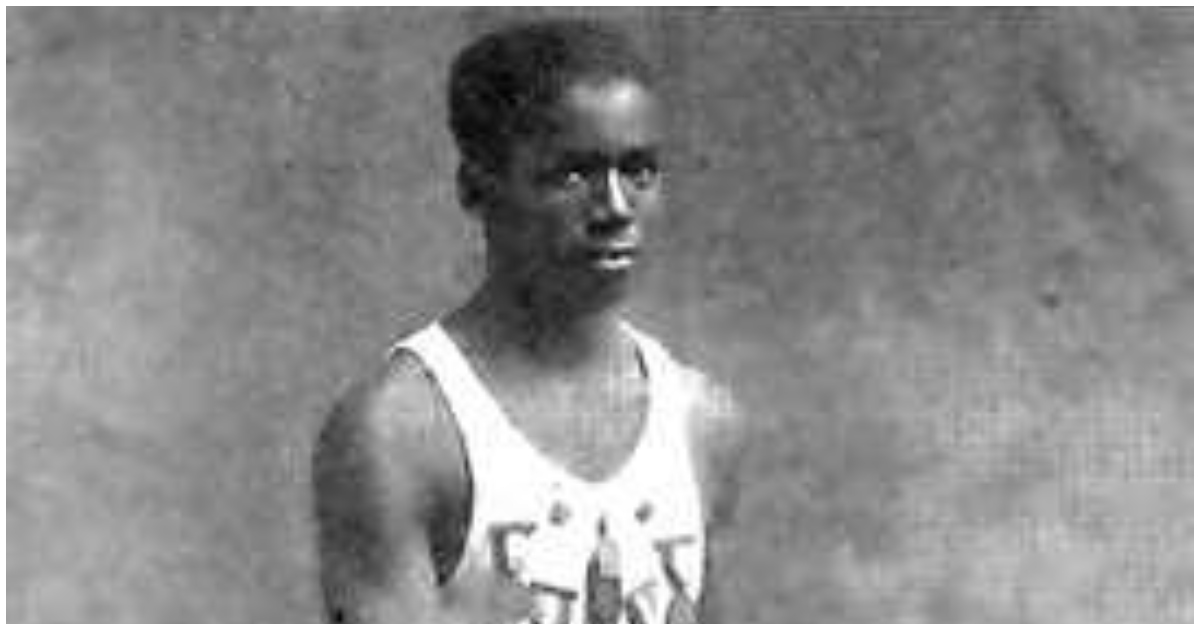John Baxter Taylor Jr, a trailblazing athlete from the early 20th century, engraved his name in history as the first Black Olympic gold medalist.
His remarkable achievements on the track and his groundbreaking Olympic participation have left an indelible mark on sports history.
Breaking Barriers: Taylor’s Olympic Triumph
Taylor’s crowning achievement came at the 1908 Olympic Games in London. Despite controversy surrounding the 400-meter event, Taylor’s participation was historic. He became part of the gold medal-winning team in the men’s medley relay.
However, Taylor’s individual 400-meter race was marred by controversy. A dispute between British and American runners led to a decision to rerun the race. In protest, Taylor and his American teammates refused to compete in the rerun.
Record-Breaking College Career at University of Pennsylvania
Before his Olympic glory, Taylor dominated collegiate track competitions. While attending the University of Pennsylvania, he clinched three IC4A 440-yard titles. His winning times in 1904 (49.2 seconds) and 1907 (48.8 seconds) were world-leading performances.
Taylor’s athletic prowess extended beyond these victories. In 1903, he set the world interscholastic record for the 440-yard dash at 49.1 seconds. He later broke his own record in 1907 with a stunning 48.6-second finish.
From High School Star to Collegiate Champion
Born on November 3, 1882, in Washington, D.C., Taylor’s athletic journey began in Philadelphia. At Central High School, he captained the track team, showcasing early leadership skills. His talent flourished at Brown Preparatory School, where he was part of an undefeated team.
Taylor’s collegiate career at the University of Pennsylvania started in 1903 at the Wharton School. He later transferred to the School of Veterinary Medicine, completing the program in 1908. Throughout his time at Penn, Taylor was instrumental in elevating the university’s athletic prestige.
Legacy Beyond the Track
Taylor earned a veterinary medicine degree from Penn and planned to open a practice. Tragically, Taylor died of typhoid fever shortly after the 1908 Olympics.
His legacy, however, lives on. Taylor’s 8-foot-6-inch stride, the longest known for any runner of his time, symbolized his physical prowess. More importantly, his barrier-breaking Olympic participation paved the way for future generations of Black athletes.



